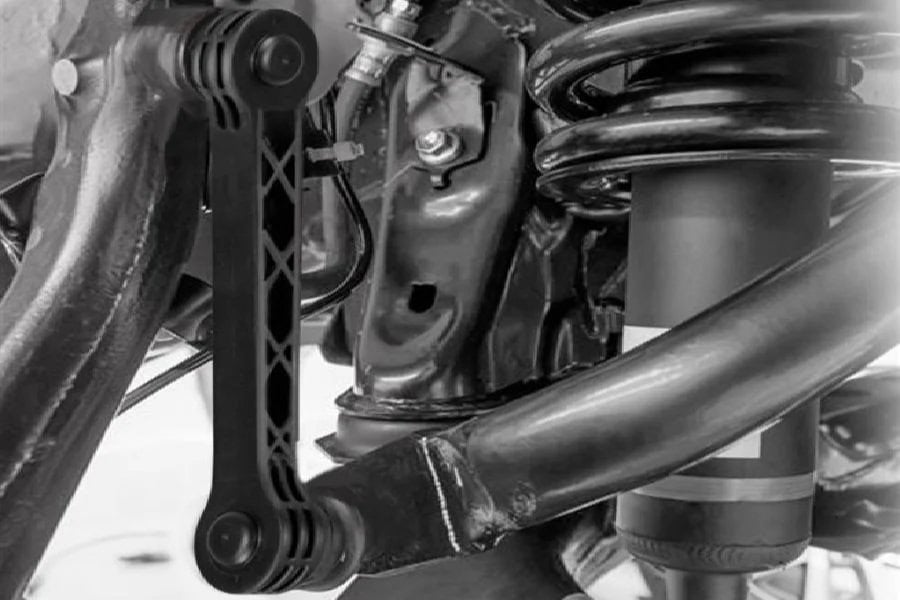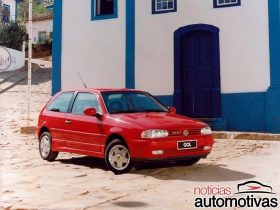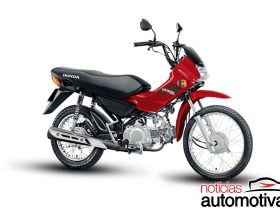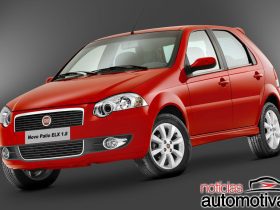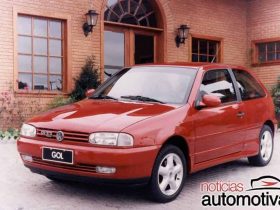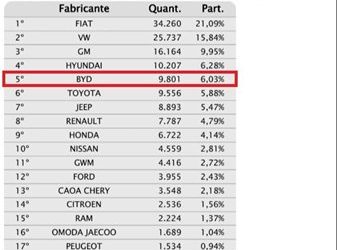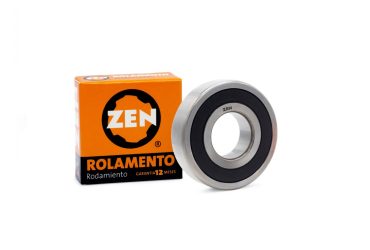Marelli Cofap Aftermarket has introduced a new line of products: nylon link rods. These are lighter than traditional steel versions, contributing to the overall weight reduction of the vehicle, which results in increased energy efficiency, lower fuel consumption, and consequently, reduced carbon dioxide (CO₂) emissions.
Moreover, nylon is a recyclable material, allowing it to be reused in new industrial processes at the end of the part’s life cycle. This way, Cofap combines cutting-edge technology, high performance, and environmental responsibility, reaffirming its leadership in the automotive aftermarket.
Another advantage is that nylon parts are resistant to corrosion, ensuring greater durability. Additionally, they produce less noise and vibration, providing more comfort to vehicle occupants.
Essential for the suspension system’s operation, link rods connect the stabilizer bar to the suspension control arms (also known as wishbones). This connection allows the wheels to work in coordination with the suspension, ensuring greater stability during turns and maneuvers, and providing safety for the driver and passengers.
The link rod also functions to distribute forces and movements among the suspension components, contributing to more uniform tire wear and improving the vehicle’s overall performance. However, when worn or loose, it can cause problems.
Therefore, it’s crucial for drivers to be aware of signs of wear, such as play in the mounting bushings, deformations, or breaks in the part’s structure, which usually result in persistent noises.
The new products are compatible with models from Audi, Chevrolet, Fiat, Jeep, RAM, and Volkswagen.
Check out the new codes and models:
The BTC04123N is designed for Chevrolet models: Astra from 1999 to 2011; Cobalt from 2011 onwards; Onix from 2012 onwards; New Onix and New Tracker from 2020 onwards; New Montana from 2023 onwards; Sonic from 2012 to 2014; Spin from 2012 onwards; Prisma from 2013 onwards; Vectra from 2006 to 2011, and Zafira from 2001 to 2012.
The BTC03117N is intended for Fiat, Jeep, and RAM models: Fiat Toro 4X2 and 4X4 from 2016 onwards; Jeep Compass 4X2 and 4X4 from 2015 onwards; Jeep Renegade 4X2 and 4X4 from 2015 onwards; RAM Rampage from 2023 onwards.
The third code is BTC1113N which caters to Volkswagen and Audi models: Polo Sedan from 2002 onwards; Polo Hatch from 2001 onwards; Gol from 2008 onwards; Fox from 2003 onwards; Crossfox from 2005 onwards; Space Fox from 2006 onwards; Up! from 2014 onwards; Saveiro from 2008 onwards; Voyage from 2008 onwards; Nivus from 2020 onwards; T-Cross from 2018 onwards; Virtus from 2018 onwards; New Polo from 2017 onwards; A1 TFSI from 2011 to 2018, and A1 Sportback from 2013 to 2018.
It’s important to note that nylon link rod technology has been adopted in certain vehicle models from various manufacturers as original equipment. Given their advantages over steel, they have also been launched in the aftermarket as an alternative for vehicles originally equipped with steel link rods. Thus, consumers can choose between steel or nylon link rods for the same vehicle. It’s also worth mentioning that both the steel and nylon link rod families from the Cofap line are available in the brand’s electronic catalog. The nylon link rod codes have an “N” at the end, including cross-references between nylon and steel parts for the same applications.

